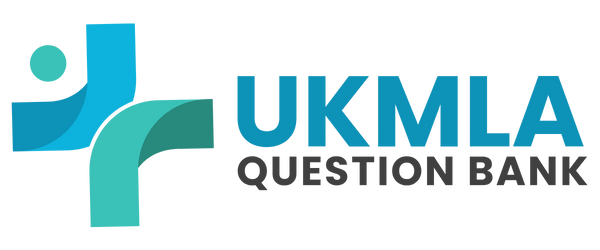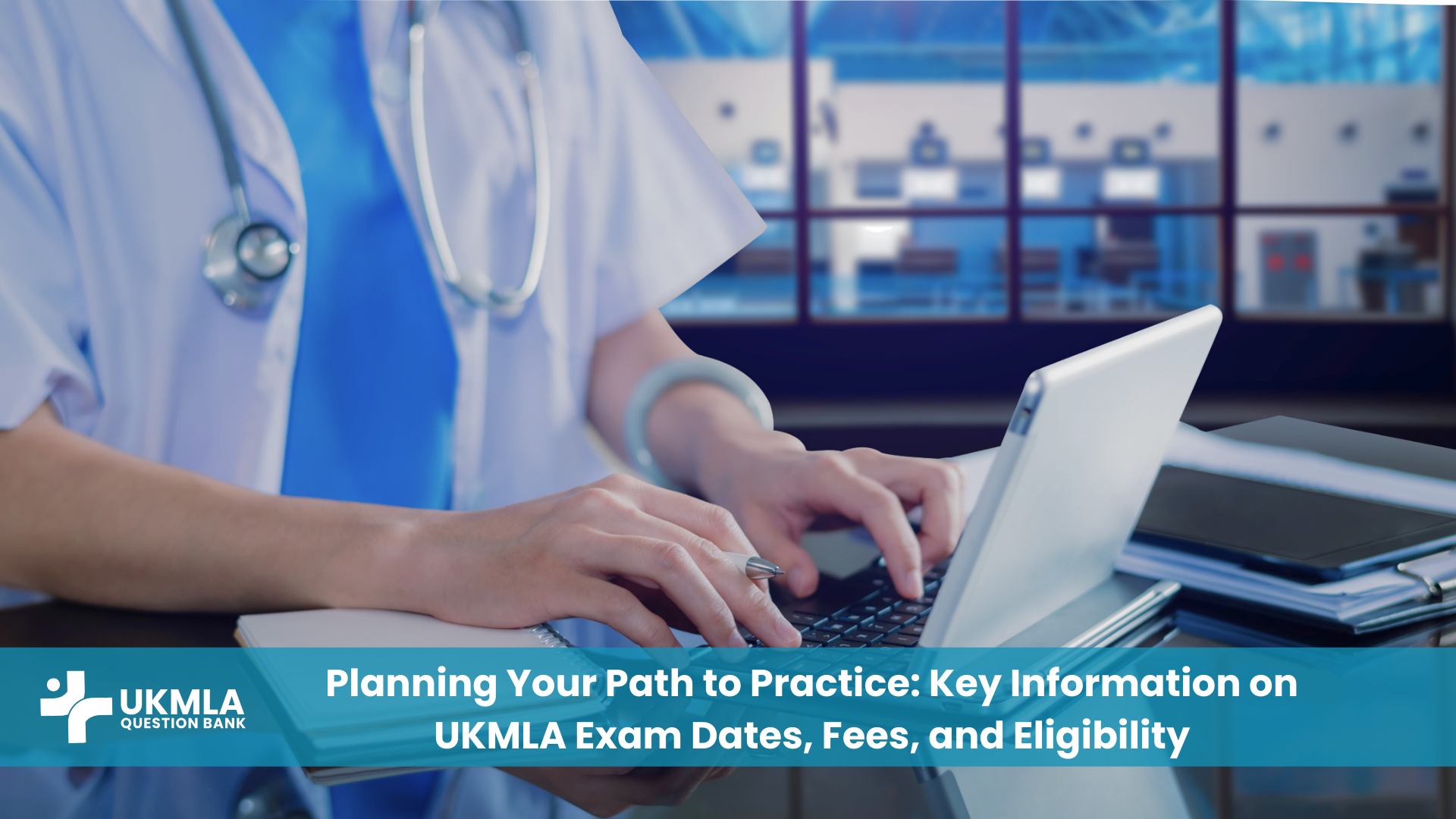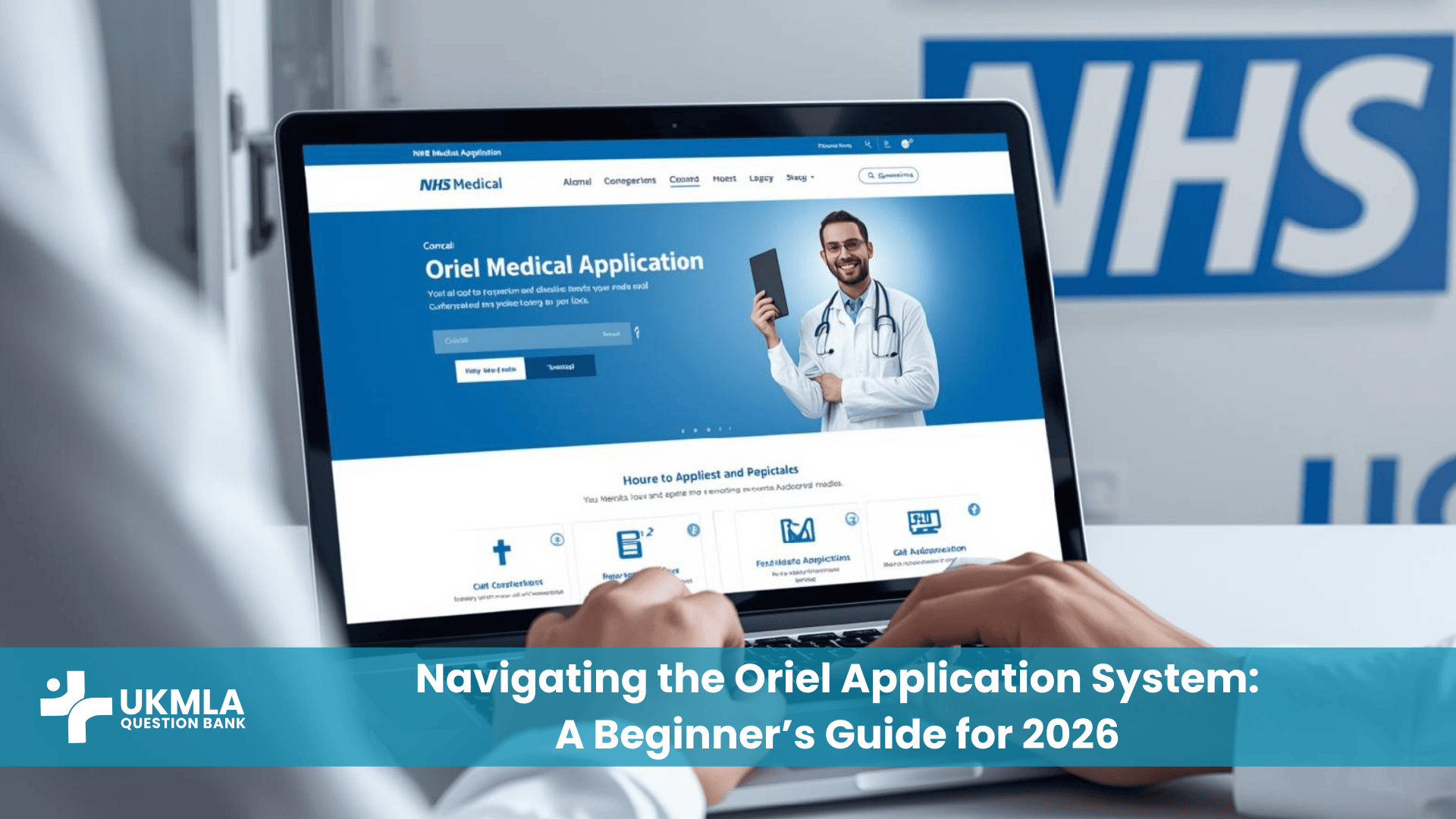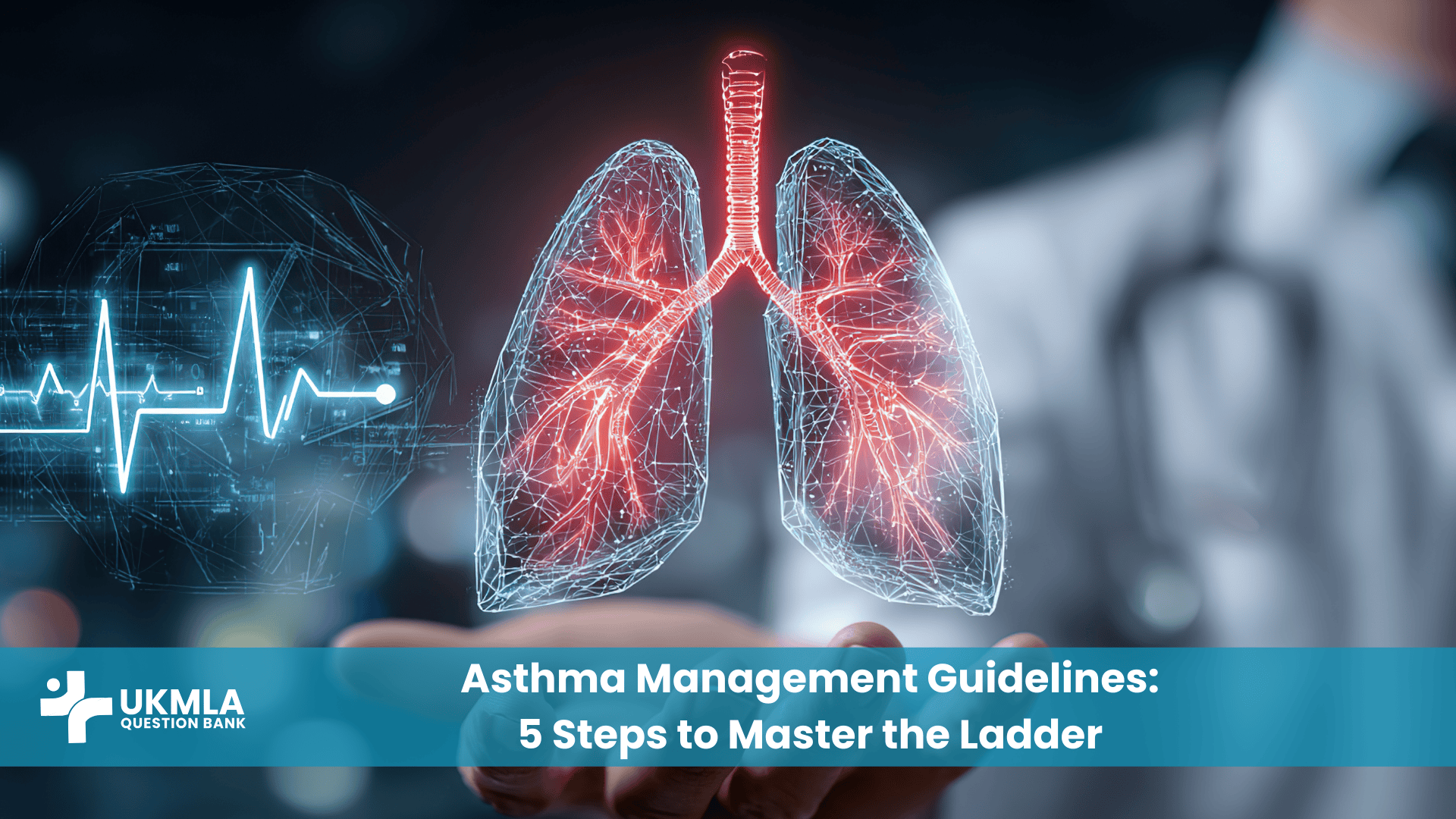The UK Medical Licensing Assessment (UKMLA) stands as the gateway for aspiring doctors to practice medicine in the United Kingdom. Understanding the UKMLA exam essentials is paramount for a smooth and successful journey. While preparation through practice questions is crucial, having a firm grasp on the logistical aspects, specifically the UKMLA exam dates, UKMLA fees, and UKMLA eligibility criteria, is equally vital. This comprehensive guide will delve into these key areas, providing you with the core UKMLA exam essentials to plan your journey effectively.
Navigating UKMLA Exam Dates: A Core Component of UKMLA Exam Essentials
Navigating the complexities of the UKMLA requires careful planning, and one of the first steps is understanding the timeline. The UKMLA exam dates are crucial for structuring your study schedule and ensuring you don’t miss any critical deadlines. The UKMLA consists of two main components: the Applied Knowledge Test (AKT) and the Clinical and Professional Skills Assessment (CPSA). Each of these components has its own set of exam dates and registration periods, forming key parts of the UKMLA exam essentials.
Applied Knowledge Test (AKT) Dates
For the AKT, which assesses your knowledge and application of medical science, the exams are typically held multiple times throughout the year. These UKMLA exam dates are usually spaced out to accommodate different cohorts of candidates, including medical students nearing graduation and international medical graduates (IMGs). It’s essential to regularly check the official UKMLA website or the website of the relevant medical school or organization administering the exam for the most up-to-date information on specific UKMLA exam dates. These dates can vary slightly from year to year and across different testing centers. Planning your study schedule around these confirmed exam dates will allow you to allocate sufficient time for preparation and avoid last-minute rushes. Remember that registration deadlines often precede the exam dates by several weeks, so it’s crucial to be proactive in checking and adhering to these timelines when considering your UKMLA exam essentials.
Clinical and Professional Skills Assessment (CPSA) Dates
Moving on to the CPSA, this component evaluates your clinical and professional skills through practical assessments. The exam dates for the CPSA are often linked to specific medical schools or assessment centers that are authorized to conduct this part of the examination. For medical students graduating from UK medical schools, the CPSA is usually integrated into their final year assessments. For IMGs, there might be designated periods and centers where they can undertake the CPSA. Again, the official UKMLA resources and the websites of the relevant medical institutions are the primary sources for accurate and current information regarding CPSA exam dates. It’s important to note that the availability of CPSA slots might be more limited compared to the AKT, so early planning and registration are highly recommended once you meet the eligibility criteria. Mastering these logistical UKMLA exam essentials is key.
Understanding UKMLA Fees: Financial UKMLA Exam Essentials
Beyond the timeline, understanding the financial implications is another crucial aspect of UKMLA planning. The UKMLA fees associated with the assessment are an important consideration for all candidates and form a critical part of the UKMLA exam essentials. The overall cost of the UKMLA encompasses fees for both the AKT and the CPSA components. The specific fees can vary depending on several factors, including whether you are a UK medical student or an IMG, and potentially the location where you are taking the exam.
Fees for UK Medical Students
For UK medical students, the fees for the UKMLA are often integrated into their tuition fees. However, it’s always advisable to confirm the exact details with your medical school.
Fees for International Medical Graduates (IMGs)
For international medical graduates, the UKMLA fees will typically be a direct cost payable to the relevant examining body. These fees can cover the registration process, the administration of the AKT, and the practical assessment of the CPSA. It’s important to check the official UKMLA website for the most accurate and up-to-date breakdown of the fees for each component. Be aware that there might be additional costs associated with travel, accommodation, and potentially any preparatory courses you might choose to take. Budgeting for these fees and related expenses well in advance is essential for a smooth application and examination process. It’s also worth investigating if there are any potential funding opportunities or financial support schemes available for candidates undertaking the UKMLA, particularly for those who might face financial constraints when planning their UKMLA exam essentials.
Meeting UKMLA Eligibility Criteria: Foundational UKMLA Exam Essentials
Finally, ensuring you meet the necessary UKMLA eligibility criteria is a fundamental prerequisite before you can even register for the exams. These criteria are designed to ensure that all candidates have the foundational medical knowledge and skills required to practice safely and effectively in the UK. The specific eligibility criteria, key UKMLA exam essentials, can differ slightly between the AKT and the CPSA, and they also vary depending on whether you are a UK medical graduate or an international medical graduate.
Eligibility for the AKT
For the AKT, generally, final-year medical students at UK medical schools are eligible to take the exam. International medical graduates will typically need to have completed a medical degree from an institution recognized by the relevant regulatory bodies in the UK. It’s crucial to verify the specific requirements regarding your medical qualification and ensure it meets the standards outlined in the eligibility criteria. You might need to provide documentation to support your eligibility, such as your medical degree certificate and potentially transcripts. Understanding these AKT-specific UKMLA exam essentials is vital.
Eligibility for the CPSA
The eligibility criteria for the CPSA often include having successfully passed the AKT. For UK medical students, this assessment is usually part of their final year curriculum. For IMGs, they will typically need to have met certain requirements, which might include passing the AKT and potentially demonstrating a certain level of English language proficiency. It is imperative to thoroughly review the official UKMLA eligibility criteria published by the UKMLA and the relevant regulatory bodies to ensure you meet all the necessary prerequisites before attempting to register for either component of the assessment. Failure to meet these criteria can result in your registration being rejected or your results being invalidated. Therefore, carefully reviewing and understanding the eligibility criteria is a crucial first step in your journey and for managing your UKMLA exam essentials.
Conclusion: Mastering Your UKMLA Exam Essentials for Success
So, while preparing with UKMLA practice questions is vital for success, understanding the logistical UKMLA exam essentials is equally important. Keeping abreast of the latest UKMLA exam dates, being prepared for the associated UKMLA fees, and ensuring you meet all the UKMLA eligibility criteria are fundamental steps in planning your path to medical practice in the UK. By proactively seeking out this information from official sources and planning accordingly, you can navigate the UKMLA process with greater confidence and focus on achieving your goal of becoming a registered doctor in the United Kingdom. Proper attention to these UKMLA exam essentials will pave the way for a smoother journey.




